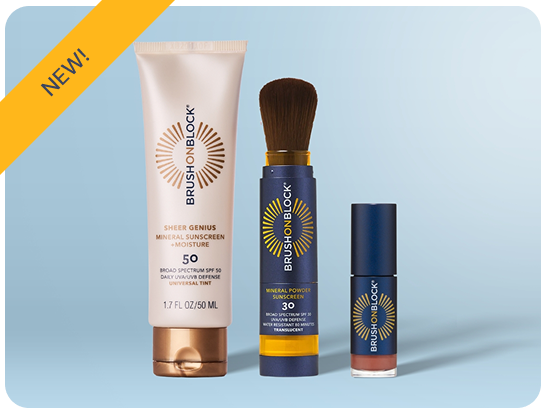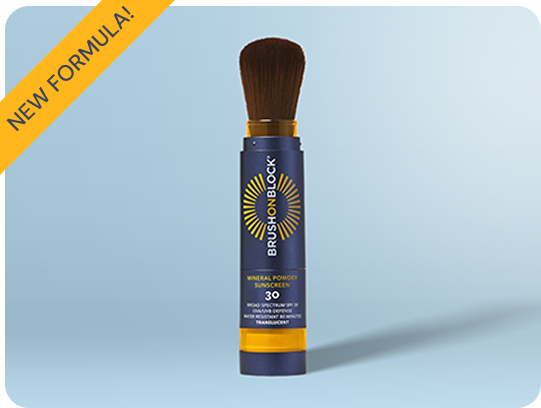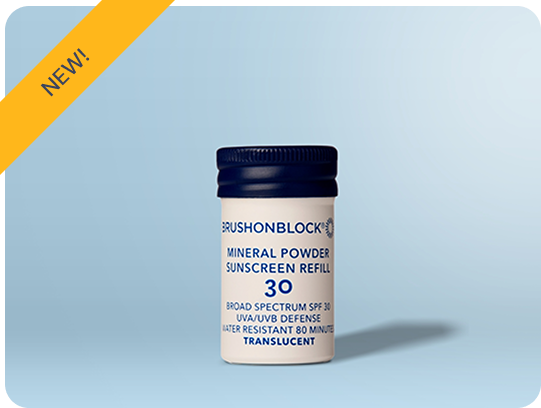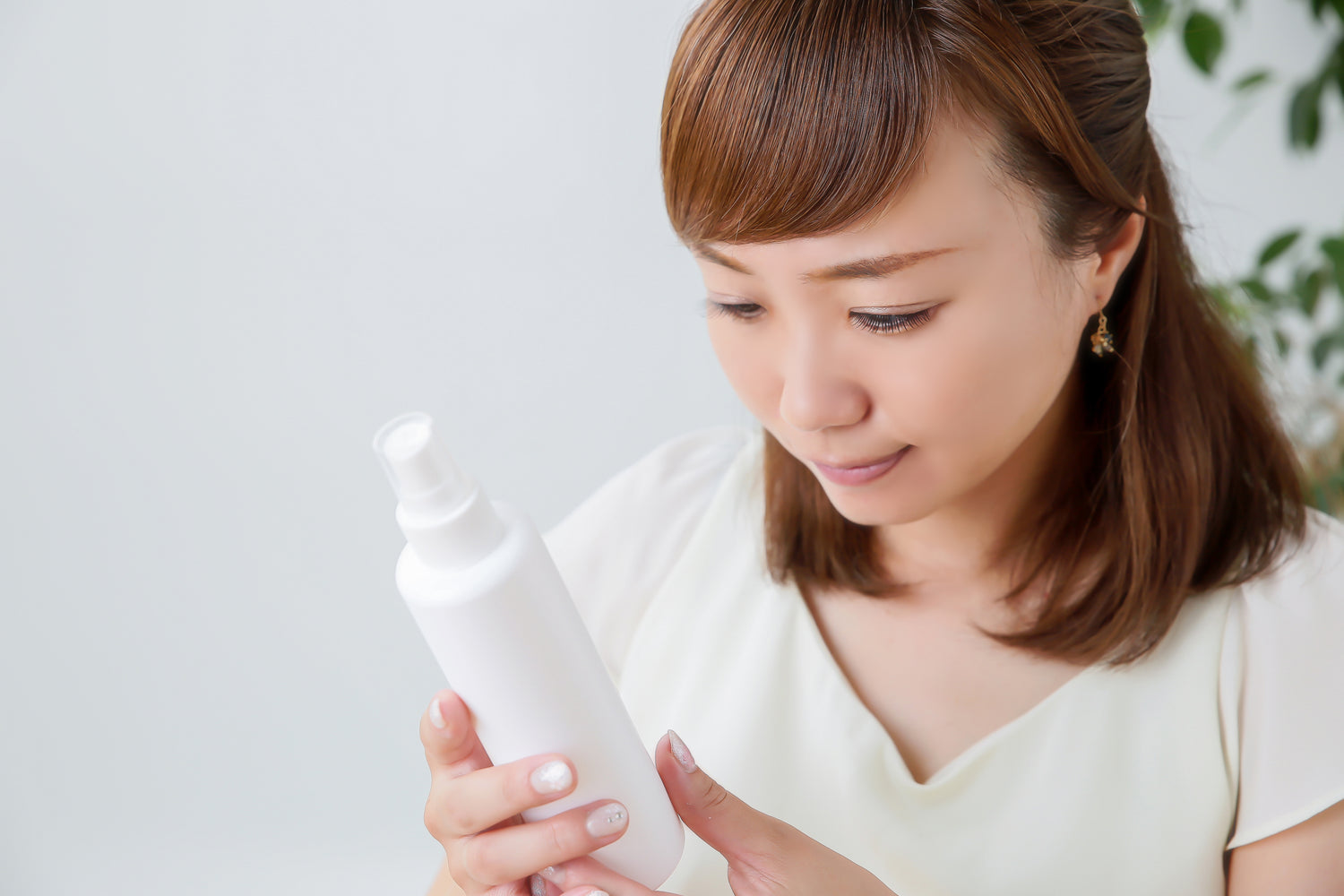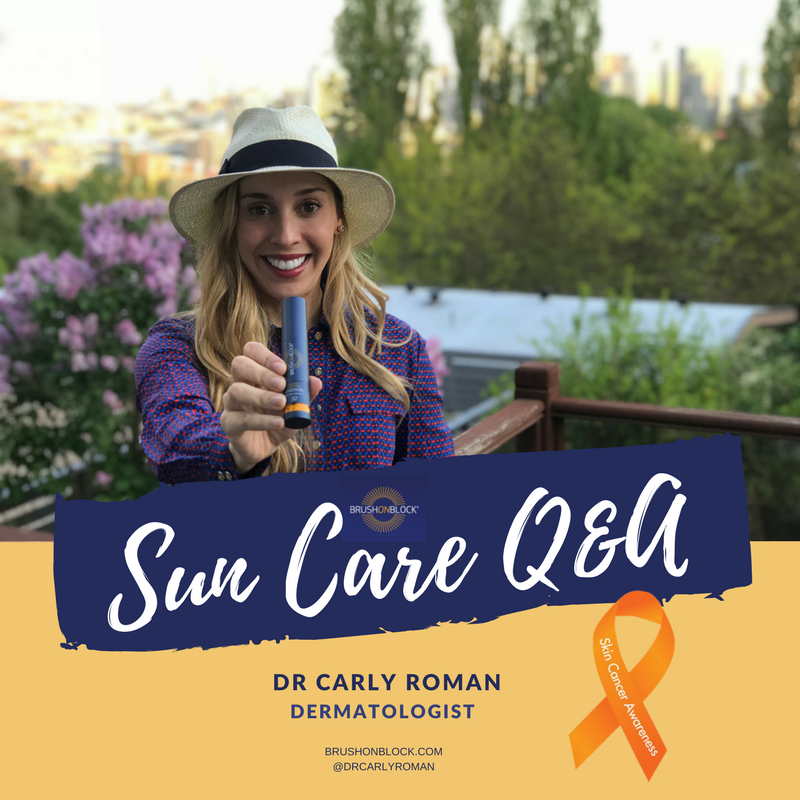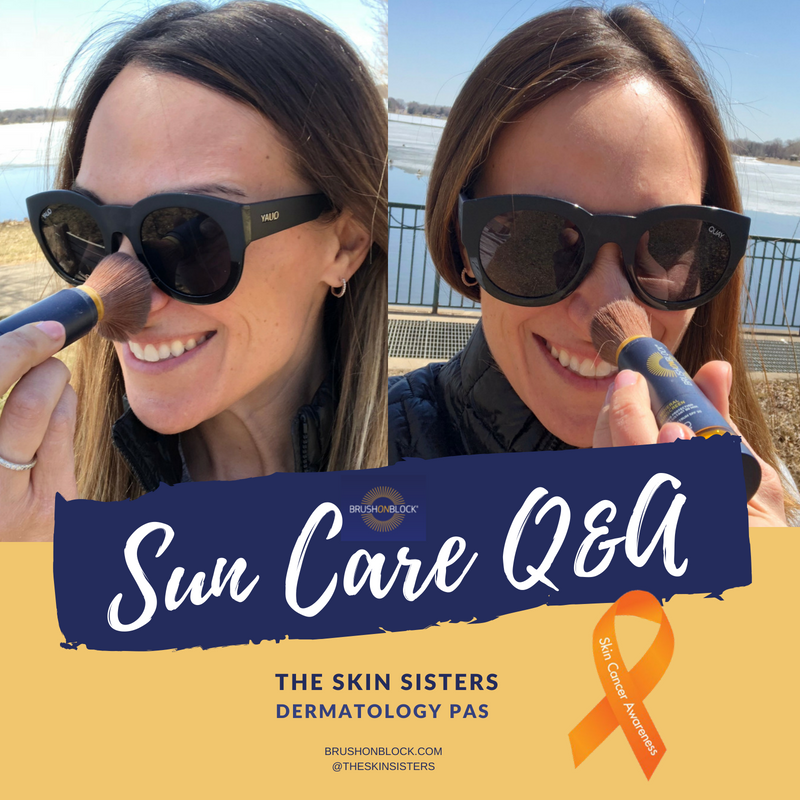Wearing sunscreen every day is the best way to protect your skin from sun damage. If you're planning to head to the beach or the pool, it's even more important to make sure you apply sunscreen generously and frequently to protect yourself. But is that sunscreen that you purchased last summer still giving you the protection you need? Part of being Sun-Safe and Sun-Smart is to know your expiration date and what, exactly, is expiring. Can you fudge on those dates at all? For optimal protection and stability, it is best use the sunscreen prior to the date stamped on the bottle, but it is good to know why those numbers are in place, and how using an expired sunscreen might affect your skin.
Most sunscreens are good for 1 to 3 years, depending on how it is stored. If it is kept in a cool, dry place, it will last longer than sunscreen that is exposed to heat. Since many people often take sunscreen to the beach, leave it in their hot cars, or stuff it in a bag while outdoors, the components can break down faster, making it expire sooner than it normally would. Chemical sunscreens, which work by absorbing into the skin and then absorbing ultraviolet rays, work because they are unstable molecules. Unfortunately, this instability means that the active ingredients in chemical sunscreens decrease in effectiveness over time. Additives in chemical sunscreen, such as emulsifiers, which help water and oil mix together, often break down sooner than other ingredients. This means that you should never use a chemical sunscreen (one containing active ingredients like avobenzone, oxybenzone, octisalate, octocrylene, homosalate or octinoxate) after the expiration date has passed.
To avoid this problem, mineral sunscreen is a better option. Mineral sunscreen contains the active mineral ingredients zinc oxide and/or titanium dioxide, which offer protection against UVA and UVB rays by reflecting and scattering the rays from the surface of the skin. Because they are minerals, zinc oxide and titanium dioxide do not change over time, and remain effective. However, when put into a sunscreen cream or lotion, the other ingredients can spoil or separate, meaning that although the sunscreen itself is still effective, it may be very unpleasant to wear (or smell).
BRUSH ON BLOCK® is a broad spectrum SPF 30 natural mineral powder with no chemical sunscreen ingredients. Because the other ingredients are all in a powdered form, testing has proven that it no longer needs to carry an expiration date. Because so many people are in the habit of looking for sunscreen expiration dates, Brush On Block still carries a 3-year expiration date, but you can rest assured that it will still protect you in the same way after the expiration date has passed. However, one container of Brush On Block should last around 90 days with daily use on face, neck, hands and arms, so you will probably never have it long enough for it to expire!
Don't get caught with expired sunscreen. Keep Brush On Block in your bag, and you'll always be prepared to enjoy the outdoors.
